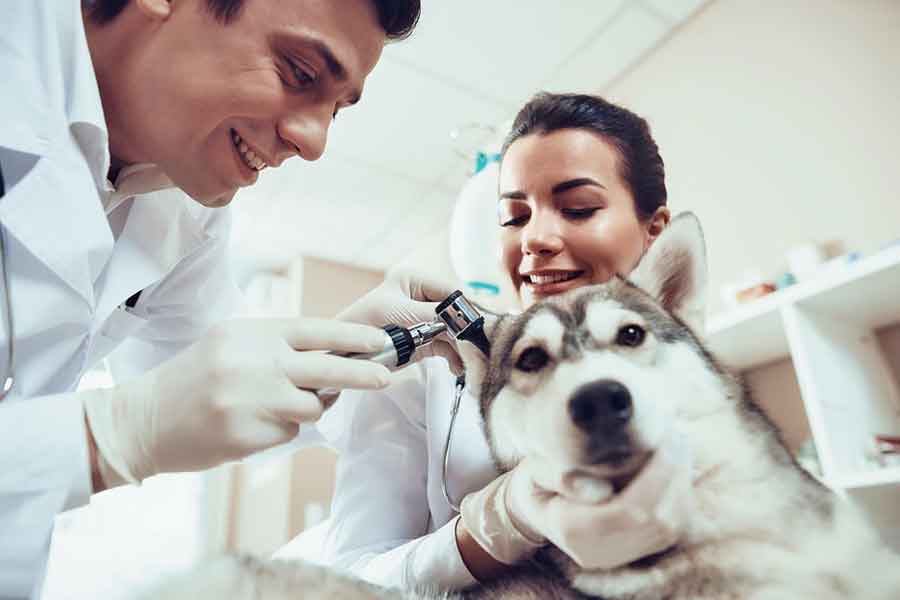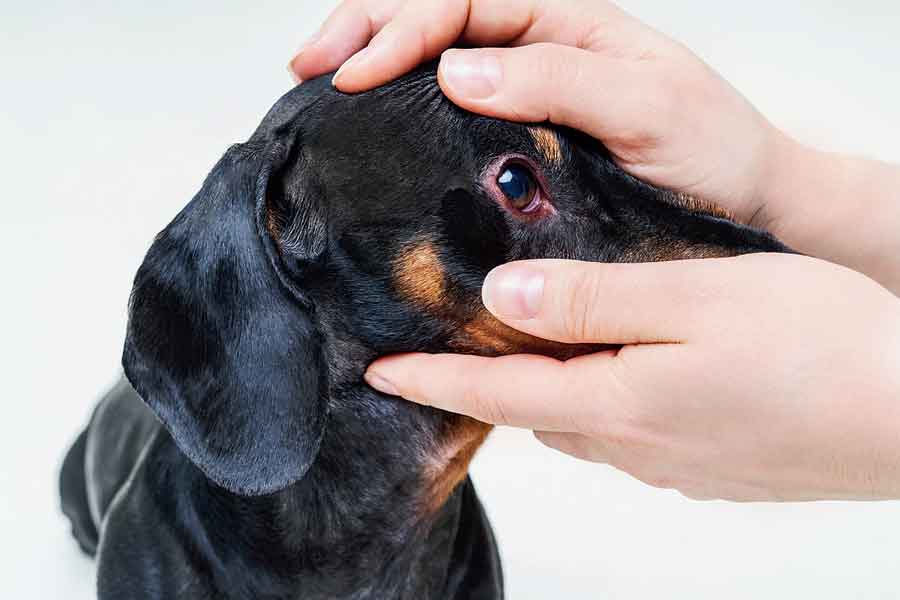Nothing makes a pet parent happier than to see his pet happy and healthy. The emotional bond between a pet and its owner transforms the animal into a full-fledged member of the family.
But as a pet parent, it is important to be aware of your pet’s basic health needs. In the second part of this article, I shall highlight the common issues faced by some of the most popular dog breeds in the city.
Beagle

This is an excellent hunting dog and a loyal companion. They are sturdy, solid and popular hound dogs. But Beagles can be stubborn at times and require patient handling and creative training techniques.
- Ear infections are very common in this breed. Their long floppy ears obstruct substantial airflow to the inner ear. As a result, these dogs frequently experience recurring episodes of otitis.
- Several ophthalmic conditions are also observed in beagles. Cherry eye, a prolapse of the gland of the third eyelid, is noticed frequently. Glaucoma, corneal dystrophy, retinal atrophy and distichiasis are common too.
- Beagle Pain Syndrome is a poorly understood condition that causes severe chronic pain particularly in the neck. It mostly occurs in young dogs under two years of age. At present it is referred to as steroid responsive meningitis arteritis, necrotizing vasculitis or immune mediated meningitis polyarteritis.
Siberian Husky

This is a medium-sized thickly furred double coated working dog breed. Their average life span is 12 to 14 years and they are athletic, intelligent dogs who can act independently and may challenge first-time pet parents. Enough exercise is very much required for this breed.
- Cataracts are very common among Siberian Huskies. They have an increased risk of retinal detachment pre and post-phacoemulsification. Canine glaucoma and progressive retinal atrophy is also observed in this breed.
- Cryptorchidism is observed as a common developmental defect in this breed. This is a condition in which one or both of the testes fail to descend from the abdomen into the scrotum.
- Huskies are more susceptible to hemoprotozoa or hemorickettsia infections. These are both types of parasites that can cause a number of health problems like anemia, fever and weight loss.
- Seizures can also be observed as a common health problem in them, which may have a genetic predisposition.
Dachshund

This breed is also known as “sausage dog”. They are long-bodied, short-legged dogs.
- IVDD or Intervertebral disc disease is commonly noticed problem in this breed. The risk of getting IVDD is 10-12 times higher than in other breeds. Almost 19-24 per cent Dachshunds show clinical signs of IVDD in their lifetime.
- A variety of genetic, physical and lifestyle-related risk factors have been identified in them too. Dachshunds, with a number of calcified intervertebral discs at a young age, have a higher risk of developing IVDD at later life. The risk of injury may be worsened by jumping and rough handling. Obesity is a must-avoid factor for this breed.
- Canine glaucoma and retinal atrophy is noticed in this breed.
- Cushing's syndrome and hypothyroidism is observed frequently too.
- Atopic dermatitis and various allergic skin conditions are also common among Dachshunds.
Shih Tzu
This is a toy breed with short snout and large round eyes. They are well-known for their long coat and friendly temperament.
- Shih Tzus are prone to different types of allergies and atopy. Grooming is an integral part of their daily routine that cannot be neglected. Maintenance of hygiene is very important to avoid certain types of skin infections in them.
- Issues related to pancreas are observed frequently. They often need specific gastrointestinal prescription diets.
- Chronic recurrent otitis (ear infection) is common in this breed.
- They are prone to multiple types of heart conditions including congestive heart failure and valve deterioration.
- Shih Tzus frequently develop keratoconjuctivitis sicca. This needs immediate vet attention or may lead to other severe eye conditions.
